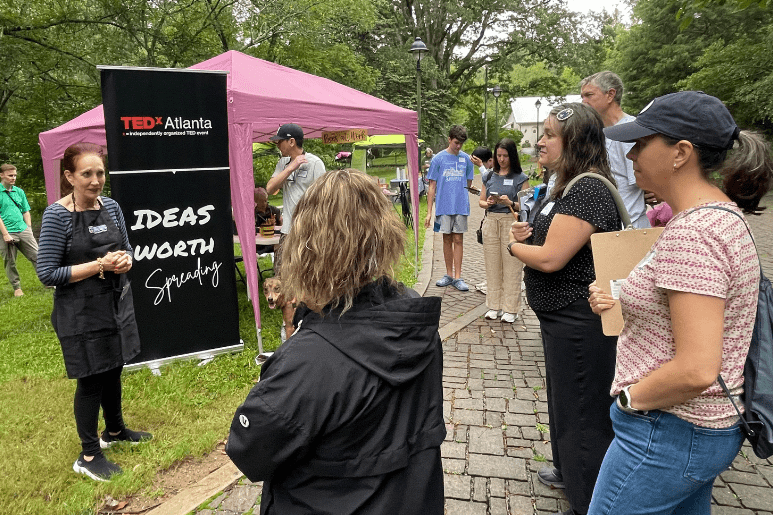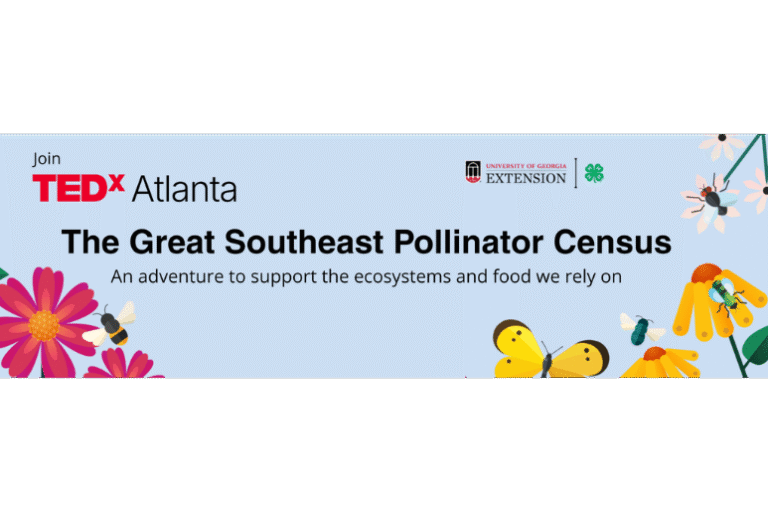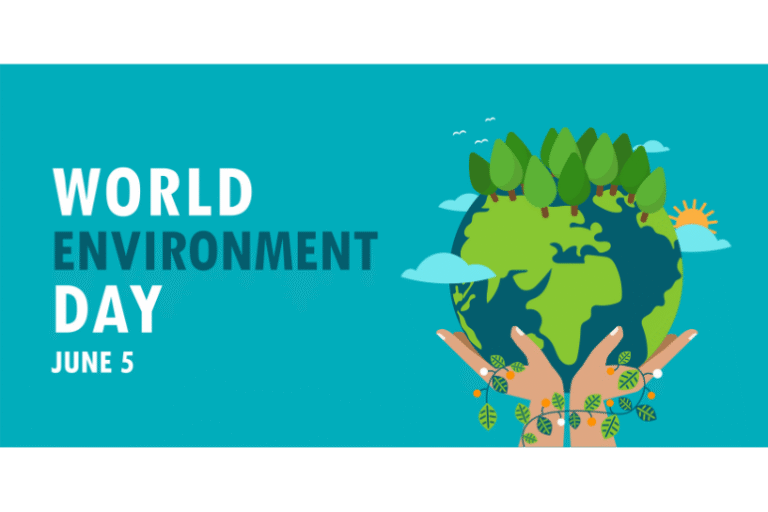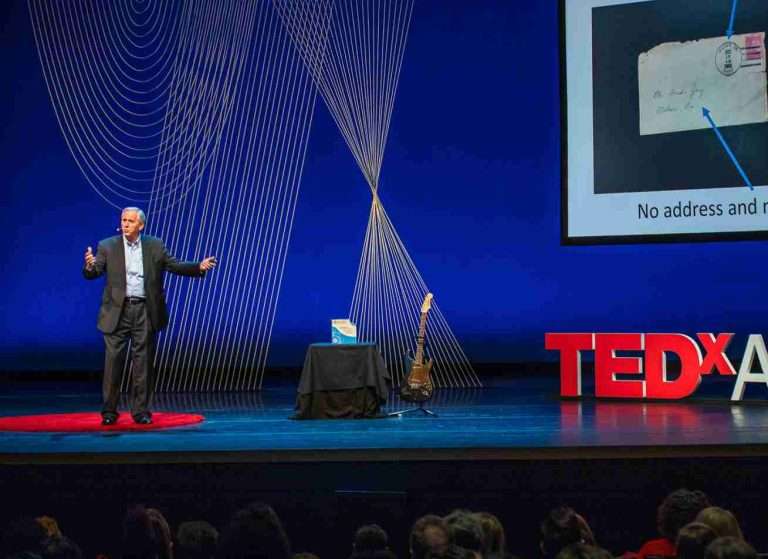What happens when a TEDx talk inspires a community to get outside, slow down, and count bees?
That question brought TEDxAtlanta to Lost Corner Preserve in Sandy Springs, Georgia, for the Great Southeast Pollinator Census. What started as an idea shared on our stage—entomologist Kris Braman’s 2023 talk, The Secret of Wild Bees in Cities—has become an annual adventure where we put that idea into practice.
As the TEDxAtlanta license holder, Jacqui Chew, explains, “That talk made us realize we couldn’t think of a better way to combine learning by doing and full immersion in the environment.”
Her vision turned inspiration into action, creating a tradition that blends science, community, and curiosity.
Instead of simply listening, we spent a morning observing. Instead of just hearing about the value of pollinators, we documented them: butterflies drifting between blooms, bumblebees zigzagging across flowers, even the humble ants and flies that keep ecosystems ticking.
With clipboards in hand, children, families, and TEDx community members joined thousands of others across the Southeast in a citizen-science project that turns everyday observations into data researchers will use to track biodiversity.
What we found when we stopped to look
Lost Corner Preserve was buzzing with life. A butterfly bush quickly became the star attraction, drawing clusters of butterflies. Elsewhere, moths darted through damp air, flies rested on leaves, and the occasional bee zigzagged across blossoms.
For Kathryn Woods, a TEDxAtlanta speaker coach, the real challenge isn’t spotting insects—it’s staying still long enough to notice them.
She laughs after recording a single bumblebee and a couple of ants: “I move around a lot in life. It’s a discipline to stay still, but that’s when you notice things—the gem of knowledge.”
Later, she reflects that the experience reminds her how “the ripple effect of our actions is so important… Just because we don’t see the impact doesn’t mean it isn’t there.”
Recent TEDxAtlanta speaker Ana Tardio connects the activity to broader themes. “At TEDx, we talk about sustainability and what we can do, not just for the environment, but for ourselves as humans. Small activities like this connect to those ideas and help build a stronger community.”
Her tally sheet brims with life: a caterpillar, two butterflies, a bumblebee, several flies, and even a few spiders. “Every drop counts when you’re filling a glass,” she says. “You can’t just look at the whole, you have to value the individual drops too.”
Together, our counts feel like drops in a larger glass of collective action. Every observation feeds into a regional database for researchers while also giving us a moment to slow down and connect.
Partners in preservation
The census took place at Lost Corner Preserve, a 24-acre park lovingly maintained by the Friends of Lost Corner and the North Fulton Master Gardeners. Their presence added richness to the day, grounding our observations in both history and local expertise.
Master Gardeners Kathleen Meucci and Kathy Kamille share how they joined the program during the pandemic and now devote their time to cultivating and educating. Known around their neighborhood as the “Garden Girls,” they see their role as much about teaching as planting. As one of them puts it, “Pollinators are good. They’re not here to sting us, they’re here to help us all live.”
They joke about being “not at a loss for words,” but their delight in TEDxAtlanta’s presence is clear: “You all made it for us. On a rainy day, how many butterflies do you usually find? Yet your people were enthusiastic, asking about the beehives and the plants. We’re so glad you came.”
Their warmth is matched by generosity—Kathy even promises to follow up with fig tree advice for a participant struggling at home.
For Jacqui, this illustrates the larger takeaway: the census not only produces scientific data but also cultivates something just as vital—connection.
“It speaks to the interest and care people have for the world around them, our planet, and our food supply,” she says. “And it’s a way to learn by doing, together.”
Reflections from the day
The counts from our morning—whether butterflies, bumblebees, or flies—are just one drop in a much larger effort. Yet, as Ana reminds us, every drop fills the glass. Kathryn speaks of the ripple effect of small actions. And Jacqui shows us how one TEDx talk can spark real-world change.
That’s the heart of this story: an idea left the stage and entered our daily lives. It gave us a way to connect with nature, contribute to science, and strengthen our community.
Turning ideas into action in your own community
Citizen-science projects like the Great Southeast Pollinator Census turn ideas into action, and anyone can take part.
This isn’t unique to Atlanta. Any TEDx chapter can create something similar—citizen-science projects exist everywhere, waiting to be paired with curiosity and collective action. All it takes is a clipboard, fifteen minutes, and the willingness to notice what’s already buzzing around you.



